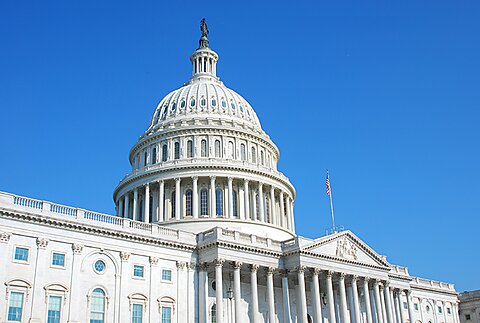In August, the money supply grew at the fastest rate in 23 months.
One of the important points made by Carl Menger in his 1871 Principles is that people ordinally rank their preferences, valuing some things more than others. While this seems to be a common-sense principle, it actually has important implications for economic theory.
Long before there was Alan Greenspan to turn the Federal Reserve into Casino Central, there was John Law, France's minister of finance more than three centuries ago. Like Greenspan's infamous bubbles, Law's money-printing scheme made people rich—for a very short time.
Andy Craig As we get closer to the election, a number of articles have been published offering legal explainers for how the process under the new Electoral Count Reform Act of 2022 would work. These have been broadly correct in most details, but one common claim reflects a confusion
Thanks to increasingly broad car-seat laws, a third child often requires the purchase of a larger, more expensive vehicle. At the margins, this has an effect on fertility.
When people speak of “old school economics,” they generally mean the application of economic thinking that involves what we might call “common sense.” That would include permitting a price system to work, protecting private property, and so on. But there is more.
Regulators with the European Union want people to believe that the “dead hand” of government regulation actually enhances competition. The only thing their actions enhance is more government power.
While F.A. Hayek contributed much to the Austrian School of Economics, he also supported the establishment of the welfare state, believing that it was compatible with the rule of law. Ludwig von Mises, however, knew that the welfare state is the ubiquitous slippery slope.
In this review of Scott Horton's new book, Enough Already, we see that the wars the US has raged for the past quarter century in the Middle East have been a disaster. Millions of deaths and a massive refugee crisis later, the unmistakable verdict is
Republicans today are decrying the “lawfare” that Democrats are using against them, and rightly so. However, had Republicans not vastly expanded federal criminal law during the infamous Wall Street prosecutions 40 years ago, lawfare would not have become such a potent political weapon.








